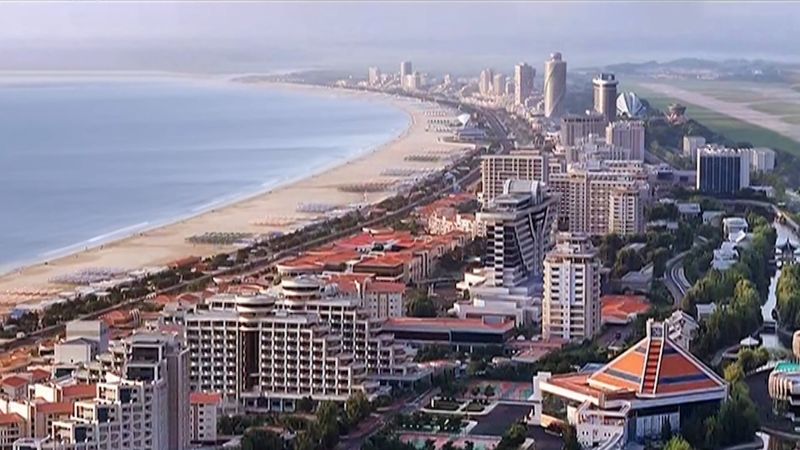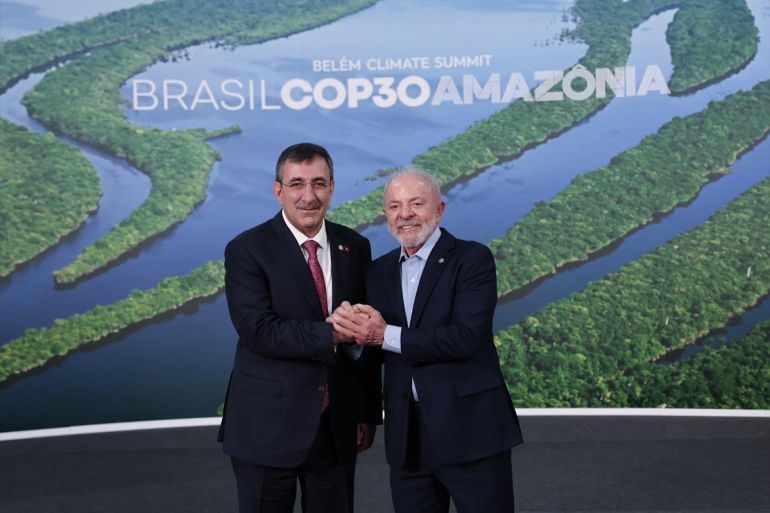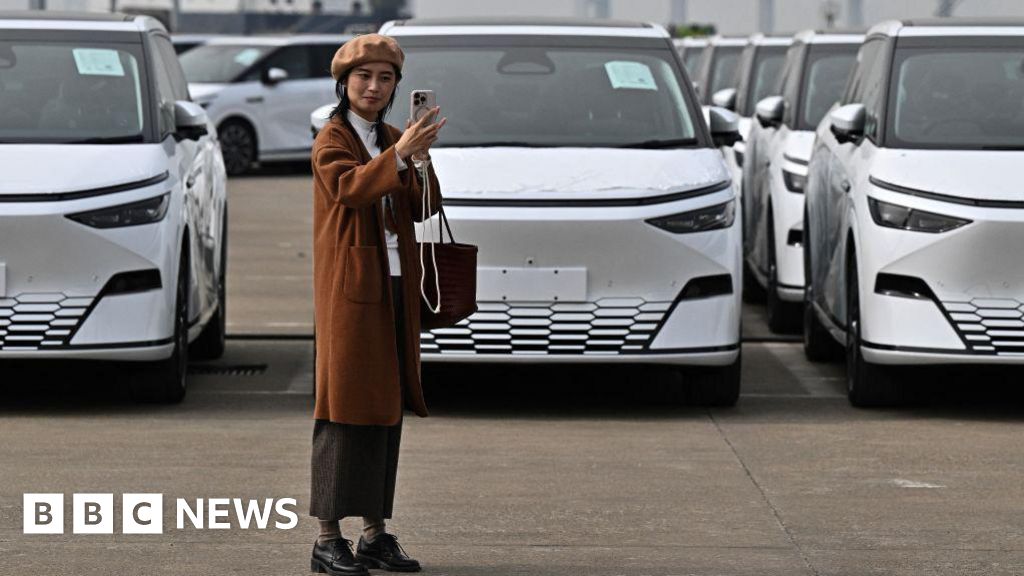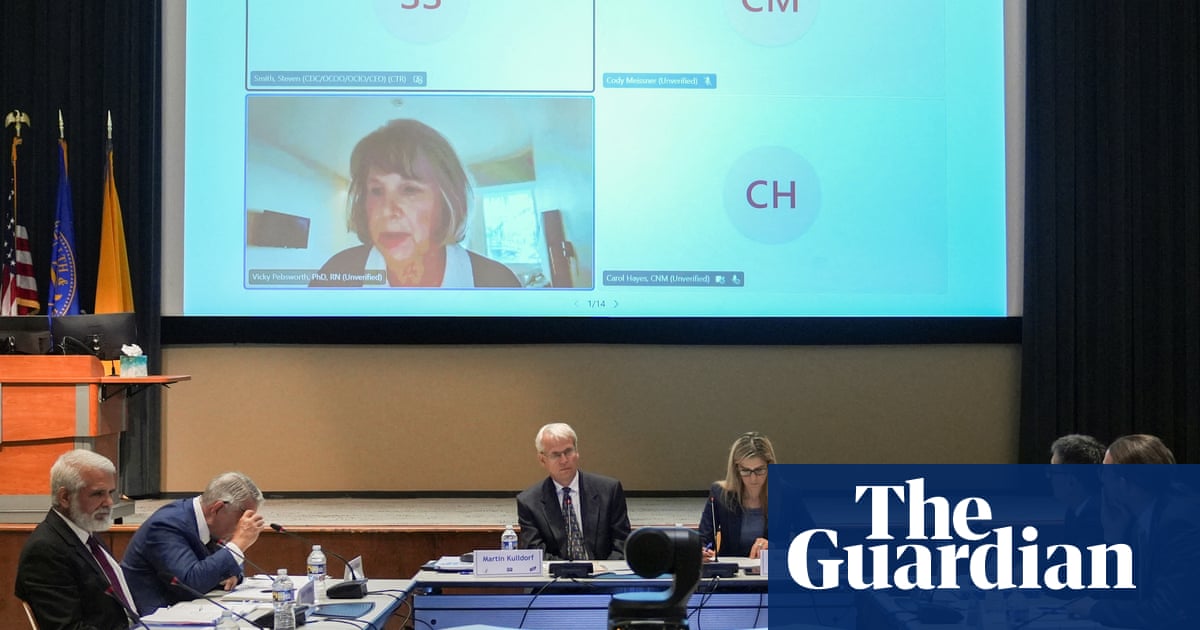Kim Jong Un Opens Grand Resort Amid North Korea’s Struggles

A new seaside resort capable of accommodating nearly 20,000 guests has been unveiled by North Korean leader Kim Jong Un. Located along the country’s eastern coast, this lavish establishment contrasts sharply with the ongoing reports of economic hardship and food scarcity affecting much of the North Korean population. The announcement highlights a significant focus on tourism and luxury, despite the stark realities faced by many citizens.
The resort features high-rise hotels, expansive recreational areas, and a variety of amenities aimed at attracting both local and international visitors. According to CNN journalist Will Ripley, the site is positioned to become a centerpiece of North Korea’s efforts to enhance its tourism industry. However, human rights observers express concern that this development may serve as an attempt to divert attention from the critical issues plaguing the nation.
Luxury Amid Strife
Reports indicate that while the resort aims to draw tourists, it raises questions about the overall economic strategy of North Korea. The country has long been subject to international sanctions that have severely limited its economic opportunities. Although the government is promoting tourism as a potential revenue stream, many citizens face dire conditions, with food shortages particularly acute in rural areas.
Human rights groups point out that the luxury developments stand in stark contrast to the reality of daily life for many North Koreans. The United Nations has reported that a significant portion of the population suffers from malnutrition, and basic services remain inadequate. Critics argue that the resources directed towards such opulent projects could be better spent on addressing these urgent needs.
International Implications
The unveiling of this resort also has potential implications for North Korea’s international relationships. By positioning itself as a tourist destination, the regime may be attempting to attract foreign investment and improve its image on the world stage. However, the ongoing human rights concerns and economic difficulties could hinder these efforts.
Despite the ambitions outlined by Kim Jong Un, it remains uncertain who will visit this new resort. With travel restrictions and a lack of infrastructure to support international tourism, the viability of the project may be challenged. As North Korea navigates these complexities, the juxtaposition of luxury and hardship continues to raise ethical questions about the nation’s priorities.
In summary, while the new seaside resort reflects Kim Jong Un‘s vision for a more prosperous North Korea, the realities faced by its citizens cannot be ignored. The contrast between opulence and ongoing struggle presents a compelling narrative about the nation’s future, and it remains to be seen how effectively North Korea can reconcile these differing aspects of its identity.






